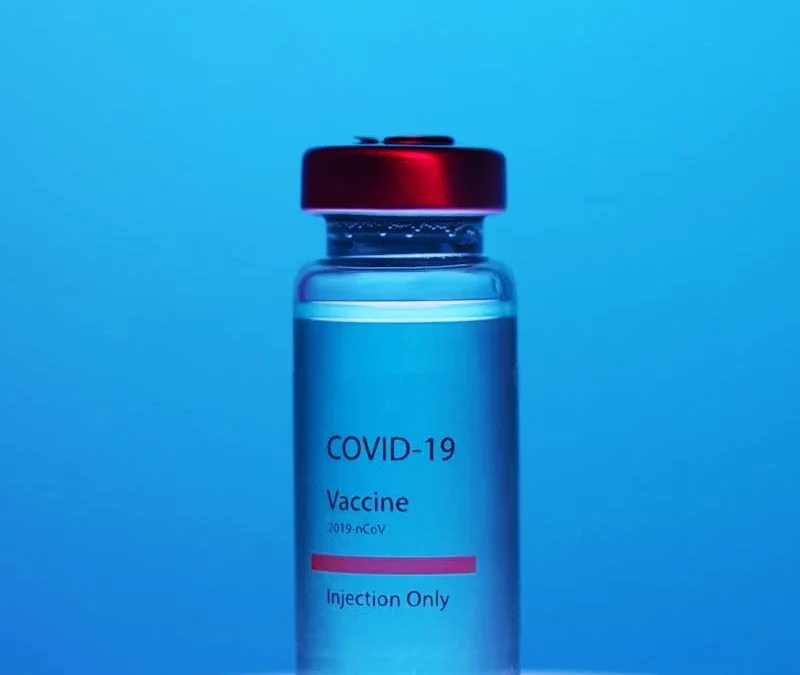The American College of Rheumatology (ACR) has issued recommendations regarding the use of COVID-19 booster vaccines for patients undergoing biologic therapy, a treatment often prescribed for various autoimmune conditions, such as rheumatoid arthritis, psoriatic arthritis, and ankylosing spondylitis. These guidelines are particularly important given the increased risk of infection and severe illness that patients on biologic therapy may face in the context of the COVID-19 pandemic.
The ACR emphasizes the importance of COVID-19 vaccination, including booster doses, for individuals on biologic therapies. These patients are often considered to be at higher risk for severe COVID-19 outcomes due to their underlying conditions and the immunosuppressive nature of biologic treatments. The recommendations suggest that receiving a COVID-19 booster shot is crucial to enhance the vaccine’s effectiveness, as the immune response may be diminished in these individuals compared to the general population.
Specifically, the ACR advises that patients on biologic therapy should receive the COVID-19 booster dose in accordance with the timing and eligibility criteria set forth by public health authorities. The timing of the booster may need to be coordinated with the patient’s biologic therapy regimen to optimize immune response to the vaccine. Healthcare providers are encouraged to assess the immunosuppressive level of the biologic agent and the patient’s overall clinical status when planning vaccination.
The ACR also underscores the necessity of continuing biologic therapy during the vaccination period unless advised otherwise by a healthcare professional. Discontinuing biologic therapy can lead to the exacerbation of the underlying rheumatic disease, outweighing the potential benefits of enhanced vaccine response.
In summary, the American College of Rheumatology’s recommendations advocate for the COVID-19 booster vaccination in patients on biologic therapy, emphasizing its safety and necessity for this vulnerable population. These guidelines support the broader goal of ensuring optimal vaccine-induced protection against COVID-19 for patients with rheumatic diseases on biologic treatment regimens.

